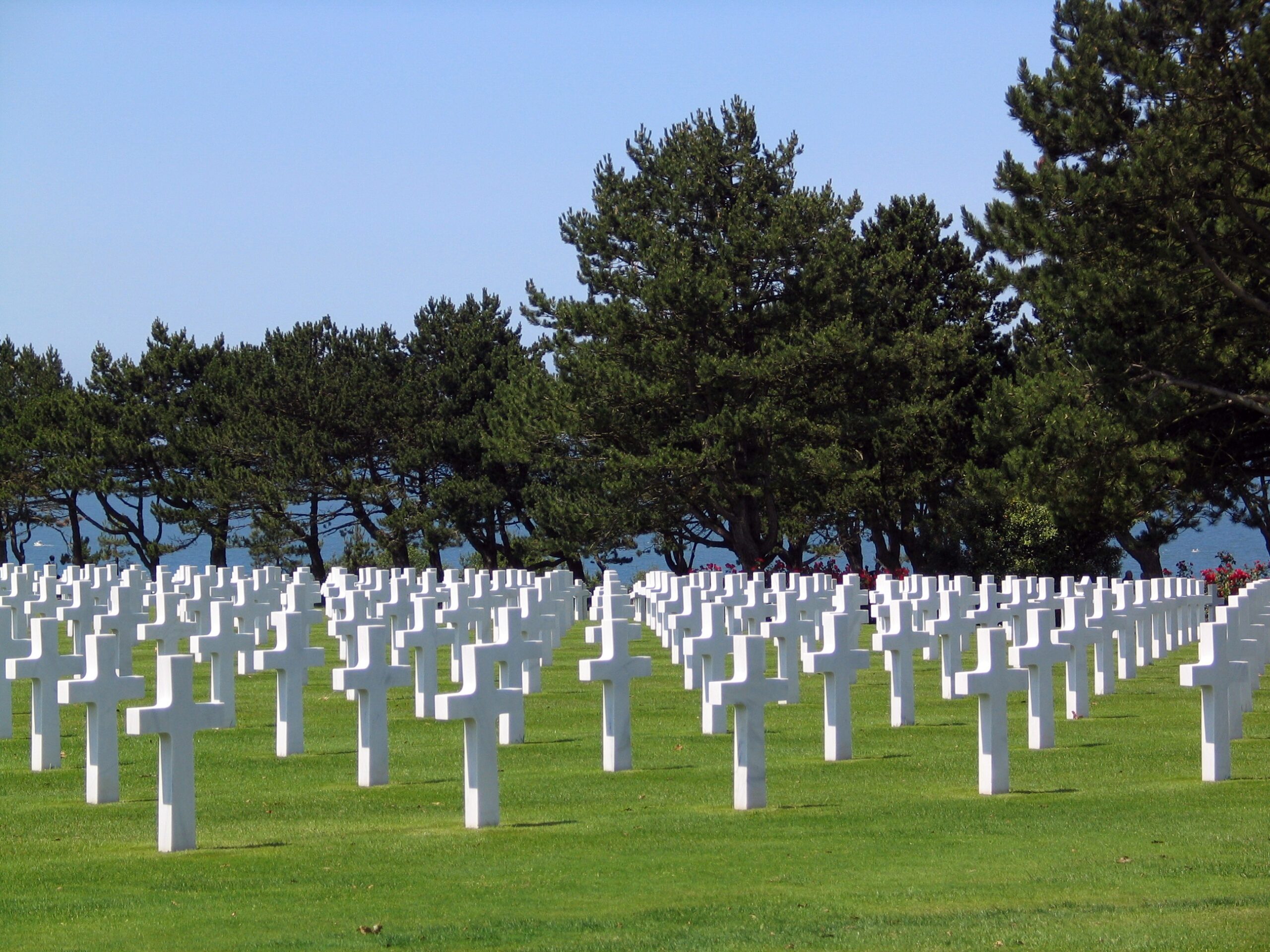
Funerals serve a crucial role in society, providing an opportunity to honor and celebrate the life of the deceased. They offer a space for loved ones to gather, remember, and share cherished memories. Funerals not only recognize the impact and accomplishments of the person’s life but also provide solace and support to those who are grieving. For example, I recently attended a funeral where family and friends shared stories and memories of the deceased, laughing and crying together as they remembered the unique qualities and experiences that made the person so special.
During a funeral, family and friends come together to pay their respects and say their final goodbyes. It is a time for closure, allowing individuals to acknowledge the end of a life and begin the healing process. Funerals symbolize the transition from life to death, providing a way for individuals to come to terms with the loss. In a recent funeral I attended, family members took turns speaking about their loved one, expressing their love and gratitude, and sharing how much the person meant to them. This act of saying goodbye and expressing their feelings brought a sense of closure and peace to the family.
One of the primary functions of a funeral is to provide emotional support to those who are grieving. It is a time for individuals to lean on one another and find solace in the shared experience of loss. Funerals allow mourners to express their grief openly and receive empathy and understanding from others. By coming together, friends and family can provide comfort and strength to those who are mourning. In a recent funeral I attended, I witnessed the power of emotional support as family members embraced each other, offering words of comfort and reassurance. The presence of loved ones during this difficult time provided a sense of belonging and support.
Funerals also facilitate closure, which is an essential part of the grieving process. Saying goodbye and paying final respects to the deceased can bring a sense of peace and acceptance. It provides an opportunity for individuals to express their love and gratitude, as well as any unfinished thoughts or feelings they may have had. The funeral ceremony marks the end of a life and signifies the beginning of the healing journey for the bereaved. In a recent funeral I attended, family members and friends took turns sharing their fondest memories of the deceased. This act of remembrance and closure allowed everyone present to begin the process of healing and finding peace.
In addition to providing emotional support, funerals play a vital role in strengthening social bonds. They bring family and friends together, often reuniting loved ones who may not have seen each other for an extended period.Funerals create a space for reconnection, allowing individuals to find solace in the presence of others who share the same loss. The shared experience of mourning can deepen existing relationships and foster new connections, providing a support network for the bereaved. For example, at a recent funeral, I observed how family members who hadn’t seen each other in years were able to reconnect and find comfort in their shared grief. The funeral became a catalyst for renewed relationships and strengthened social bonds.
Funerals hold religious or spiritual significance for many individuals and families. They provide an opportunity to address the spiritual needs of both the deceased and the grieving family.Religious rituals and practices offer comfort, guidance, and a sense of meaning during times of loss. Funerals often incorporate prayers, hymns, or readings that provide solace and a connection to one’s faith or belief system. These spiritual elements can bring a sense of peace and hope to those who are grieving. For example, in a recent funeral, religious leaders led the congregation in prayers and scripture readings, offering words of comfort and reminding everyone of the deceased’s spiritual journey.
Funerals also serve as a source of education and guidance on the grieving process. They help individuals understand and navigate their emotions, providing support and resources for coping with loss. Funerals offer an opportunity to learn about the different stages of grief and find ways to heal. They provide guidance on how to honor the memory of the deceased and find meaning in life after loss. By sharing stories and memories, attendees can gain insights into the grieving process and find comfort in the collective experience. For example, during a recent funeral, a grief counselor gave a heartfelt speech, providing guidance on how to cope with loss and offering resources for ongoing support. This educational component of the funeral was invaluable to those in attendance who were navigating their grief.
Funerals provide closure not only for the family but also for the community as a whole. They offer an opportunity for the broader community to pay their final respects and say goodbye. Funerals symbolize the cycle of life and death, reminding us of the inevitability of mortality. They bring people together to reflect on the fragility of life and the importance of cherishing our loved ones. Funerals also preserve cultural and traditional practices, ensuring that important customs and rituals are passed down through generations. For example, at a recent funeral, members of the community gathered to honor the deceased, offering their condolences and support to the family. The funeral became a symbol of unity and a reminder of the interconnectedness of the community.
Support after the funeral is equally crucial. As individuals adapt to life without the deceased, having continued support and understanding from friends, family, or support groups can make a significant difference in the healing process. It is important for the bereaved to have a support system in place to help them navigate their grief and find solace in the months and years following the funeral. For example, after a recent funeral, friends and family members committed to checking in regularly with the grieving family, providing ongoing support and a listening ear. This support network became a lifeline for the bereaved, helping them navigate the challenges of grief and find comfort in knowing they were not alone.
Funerals make a sociological statement about death and its impact on society. They reflect how a community comes together to mourn and honor the deceased, highlighting the shared experience of loss and the importance of collective support. Funerals serve as a reminder of the fragility of life and the bonds that hold communities together in times of grief. For example, in a recent funeral, the entire community gathered to pay their respects, demonstrating the unity and compassion that can arise in the face of loss. The funeral became a statement of solidarity and a testament to the impact the deceased had on those around them.
Funerals can be personalized with personal readings, stories, eulogies, and musical numbers. This personalization allows for a meaningful and unique tribute to the deceased, reflecting their individuality and the impact they had on the lives of others. Personalized funeral ceremonies can bring comfort and solace to the bereaved, creating a space for shared memories and celebrating the life that was lived. For example, in a recent funeral, family members shared personal stories and memories of the deceased, highlighting their unique qualities and the impact they had on their loved ones’ lives. This personalization brought comfort and healing to all who attended, allowing them to connect with the deceased in a profound and meaningful way.
Meaningful funeral ceremonies play a crucial role in meeting the reconciliation needs of mourning. They provide an opportunity to acknowledge the reality and finality of death, allowing mourners to face the pain of loss and begin the healing process. Funeral ceremonies create a time and place for mourners to remember and share memories of the person who died. They help individuals develop a new self-identity and find meaning in life and death. By receiving ongoing support from others, mourners can navigate their grief and find solace in the collective mourning experience. For example, in a recent funeral, family members and friends shared stories and memories of the deceased, celebrating their life and finding comfort in the shared experience of mourning. This meaningful ceremony provided a space for healing and reconciliation, allowing everyone present to find solace in their grief.
In conclusion, funerals serve multiple purposes that are essential for both individuals and communities. They honor and celebrate the life of the deceased, provide emotional support and closure, strengthen social bonds, offer religious or spiritual significance, educate and guide individuals through the grieving process, bring closure to the community, and symbolize the cycle of life and death. By recognizing the importance of funerals, we can better understand the profound impact they have on individuals and communities during times of loss. Funerals provide a space for mourning, healing, and coming together in support, allowing individuals to find solace and meaning in the midst of grief.

